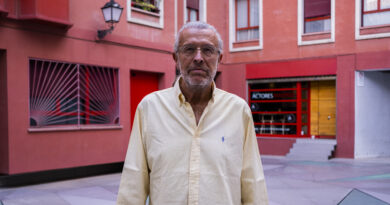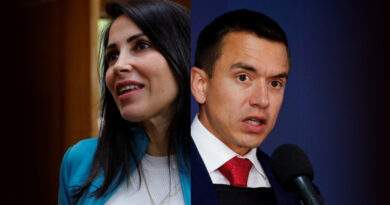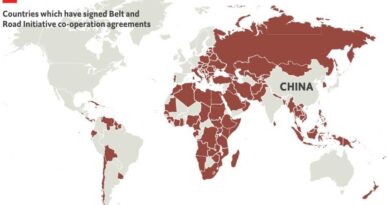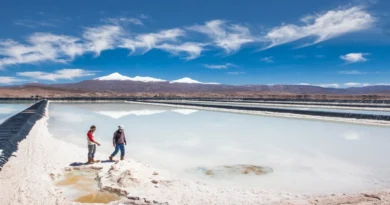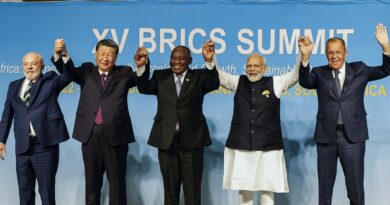Earthquake announced
LUIS BILBAO
It's not lightning in a clear sky. The collapse of the institutions of capital, the decay of the system and the stench of decomposition from its leadership, comes from afar. And in the last two decades it accelerated to a paroxysm. It is not a turn to the extreme right of society that caused the collapse, but the other way around: it is the collapse of capitalist democracy that caused a social spasm and this circumstantial electoral result.





